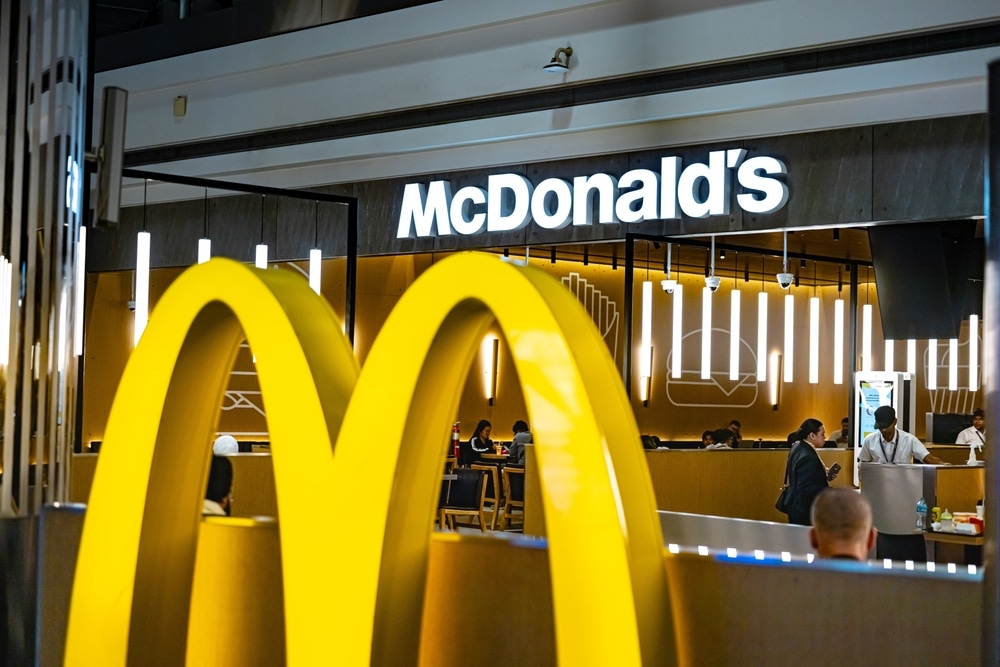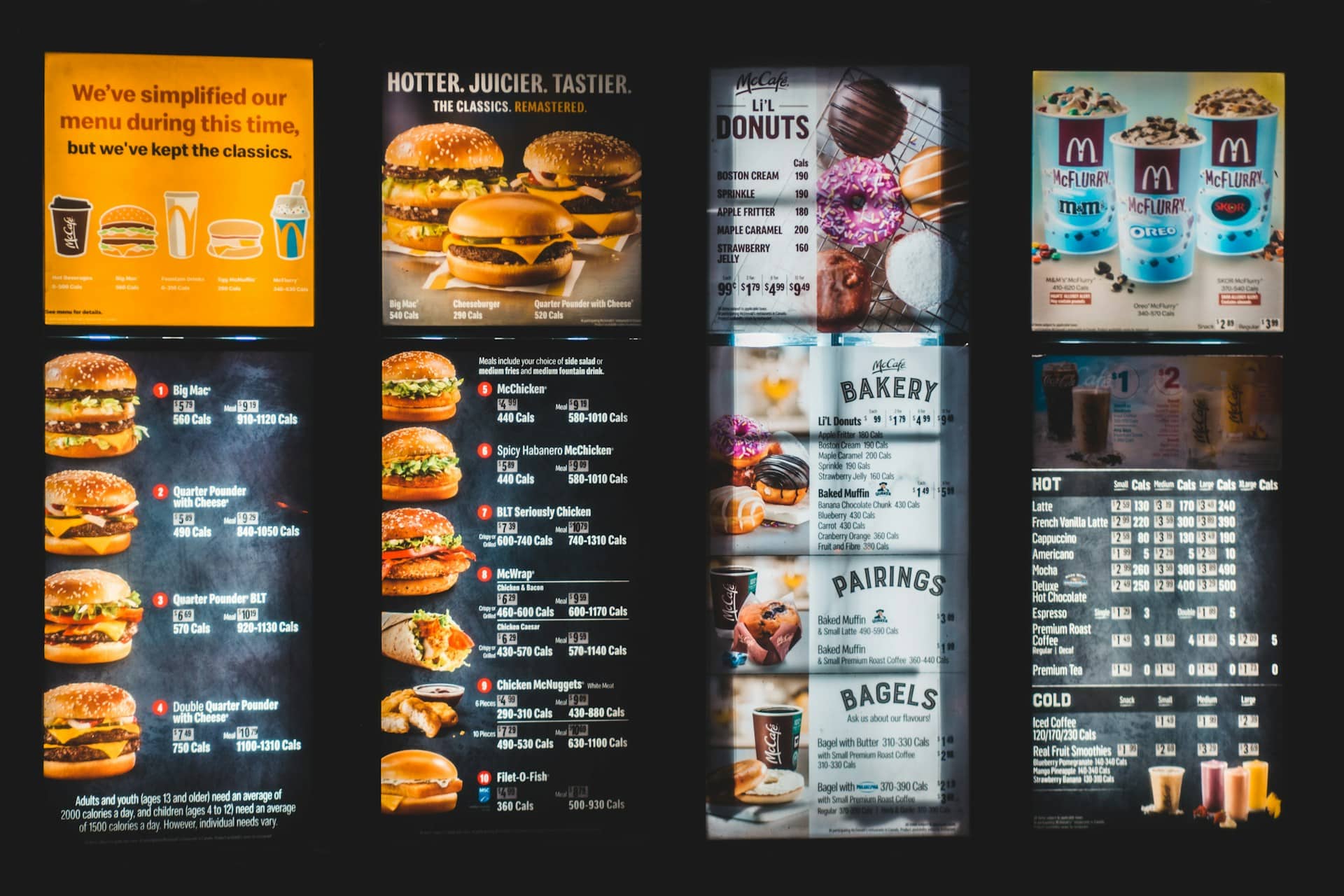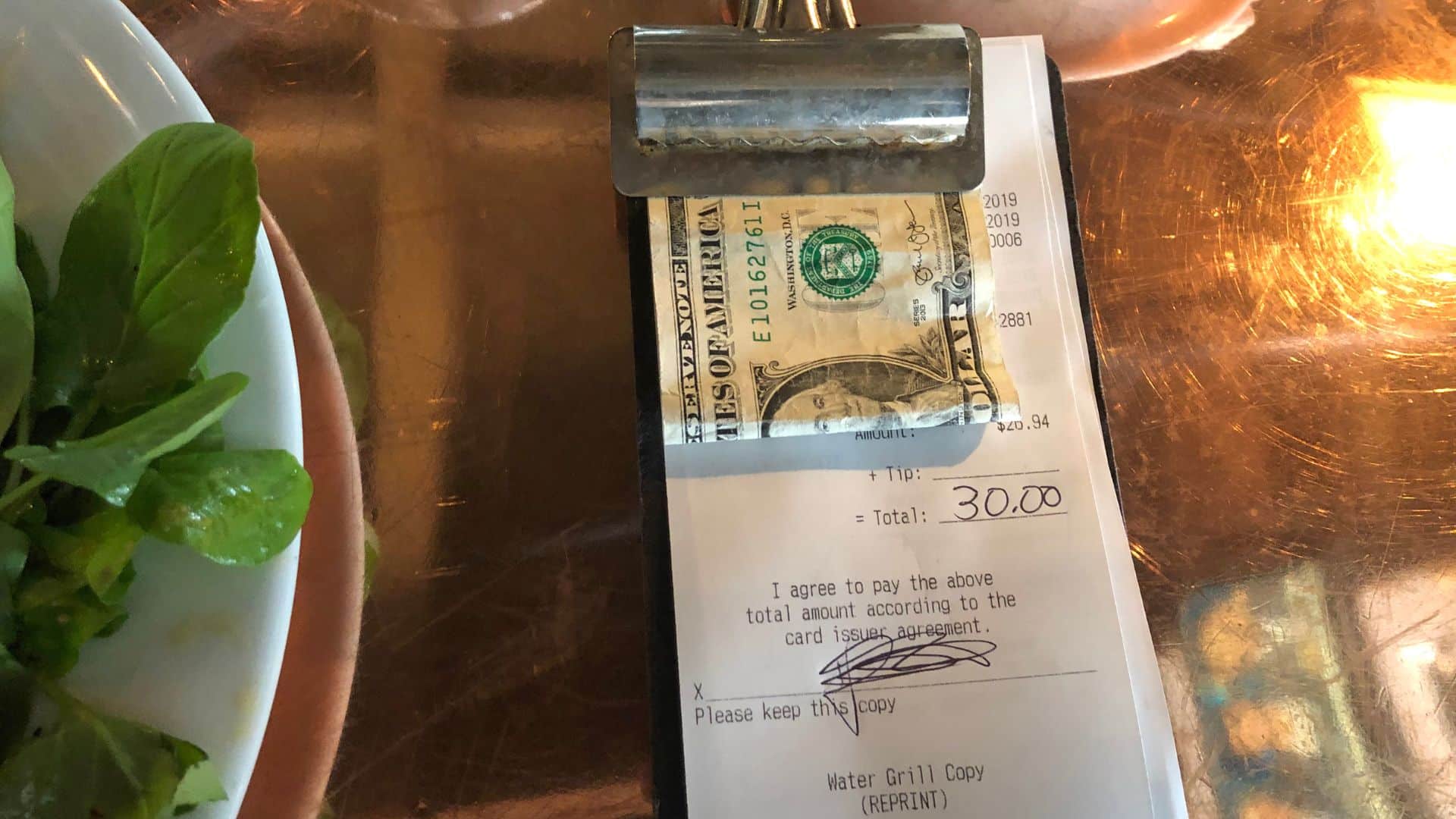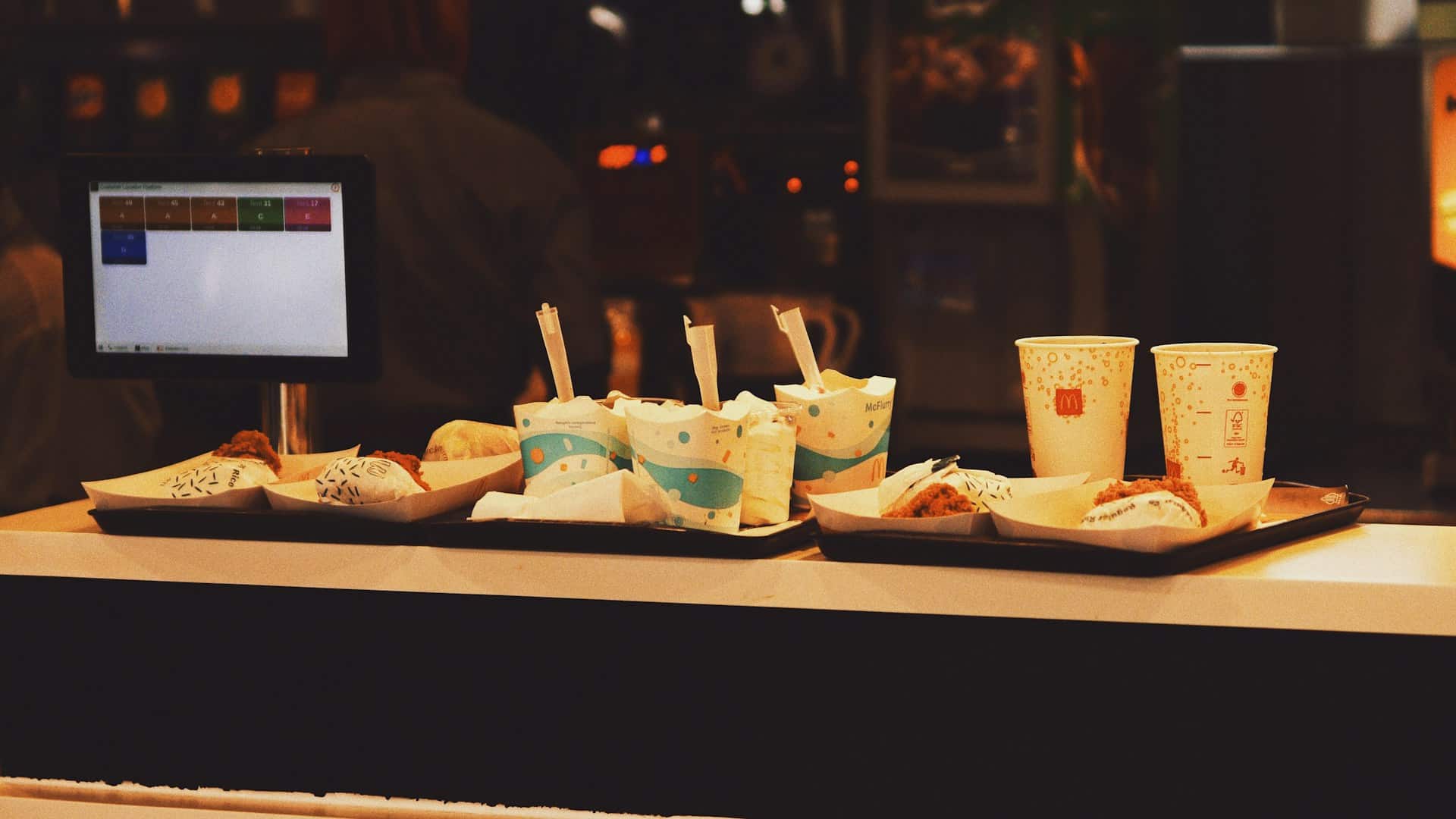McDonald’s Fight Against Tips Could Affect Your Wallet


McDonald’s is breaking ranks with the U.S. restaurant industry over tipping, calling the system unfair and outdated.
The fast-food giant argues that wage disparities between tipped and non-tipped workers put companies like McDonald’s at a disadvantage, and the fight could reshape how Americans pay for meals, from fast-food counters to full-service dining rooms.
McDonald’s Breaks From Industry Norms

In a surprise move, McDonald’s CEO Chris Kempczinski criticized the tipped-wage system, claiming it creates an “uneven playing field”. Unlike many restaurants that rely on tips to supplement low base pay, McDonald’s pays standard hourly wages, which means it can’t take advantage of certain labor and tax policies tied to tips.
A Split From the National Restaurant Association

McDonald’s decision led it to exit the National Restaurant Association, a powerful lobbying group that defends the tip-credit system. The break highlights deep divisions in the industry. While sit-down chains rely on tips to control labor costs, McDonald’s wants one wage floor for everyone.
The “No-Tax-on-Tips” Policy

Part of the debate stems from a new federal tax rule included in the 2025 budget, nicknamed the “no-tax-on-tips” provision. It allows tipped workers to deduct up to $25,000 of reported tips from taxable income. McDonald’s workers, who rarely earn tips, don’t benefit from this perk, further fueling the company’s criticism of the current system.
Why McDonald’s Cares

The fast-food chain’s argument isn’t about tipping culture alone. By calling for a uniform minimum wage, McDonald’s hopes to level the competitive field. If all restaurants must pay similar base wages, fast-food outlets could compete more evenly with full-service chains that leverage low-tipped wages to keep menu prices down.
The Consumer Angle: Menu Prices

For everyday diners, the biggest impact could be on the final bill. If tipped wages disappear, full-service restaurants may increase menu prices to cover higher payroll. That means entrées and drinks could cost more upfront. At the same time, customers might spend less overall if tipping becomes less expected, balancing out the shift.
Shifting Tipping Culture

The fight also touches on tipping norms, which have expanded well beyond sit-down dining. Many consumers now face prompts to tip at coffee shops, fast-food counters, and even self-checkout kiosks. A move toward higher base wages could ease “tip fatigue,” making dining costs more predictable and less dependent on social pressure.
Workers in the Middle

For workers, the outcome could shape earnings stability. Tipped employees worry that higher wages won’t always match what they bring home in tips, while McDonald’s staff feel excluded from perks like tax breaks on gratuities. Either way, consumers could see the effects in service quality — if pay structures change, so might staffing levels and morale.
What Industry Experts Say

Analysts note that McDonald’s stance could push other companies to reconsider the tip-credit model. As one expert told Nation’s Restaurant News, eliminating tipped wages would represent a fundamental shift in restaurant economics, potentially resetting labor standards across the industry.
A Changing Future for Dining Costs

McDonald’s campaign against tipping may not end tipping culture overnight, but it signals a turning point in how restaurants handle wages. For consumers, the outcome could mean higher menu prices but fewer tipping obligations — a shift that changes not only what diners pay, but how they think about the cost of eating out.
